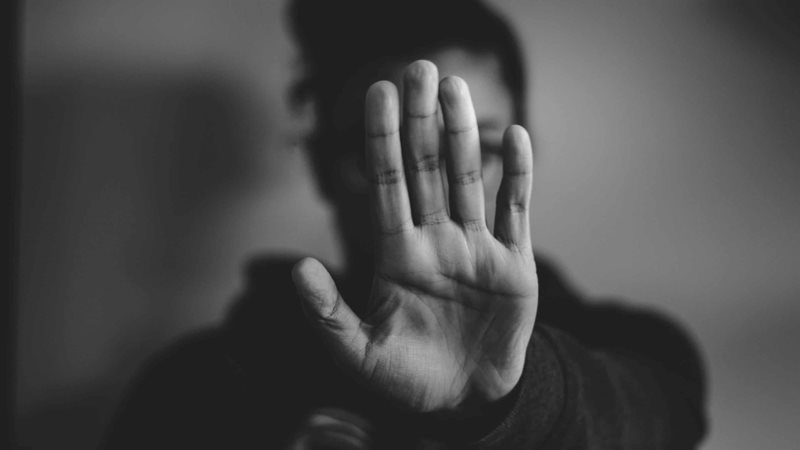16th June marked the International Day of the African Child. This year’s theme was “30 years after the adoption of the Charter: accelerate implementation of Agenda 2040 for an Africa fit for children.” Amongst the aspirations for Agenda 2040 is that children should benefit from a child-sensitive criminal justice system.
The best interest principle is the universal pillar when dealing with children both as victims and as offenders. A conversation with Mr. Kirui, a friend working at the office of the Director of Public Prosecution triggered the questions – is the Kenyan criminal justice system sensitive and accommodative to child victims especially S/GBV victims? Does the criminal justice system consider the best interests of a child victim?

A study by Save the Children indicates that gender-based violence has a negative impact on children’s social development. It further perpetuates power inequalities in social relations and within society. As children become numb to suffering; they may learn to use violence as a valid way to achieve their goals. These social effects result into adults with skewed perceptions of social relationships.
The Kenyan criminal justice system is more “offender-focused” and punitive in nature rather than reform-based. While there are efforts made to accommodate children in conflict with the law such as development of the diversion policy, there is need to pay keen attention to child victims of gender-based violence (GBV) and other crimes. A child victim is likely to be ignored by the system and their interests not protected.
The conversation with Mr. Kirui, revealed gaps that ought to be addressed. The typical procedure for child victims after reporting the matter to the police, is going through collection of forensic evidence. After the evidence is collected and where the victim is lucky, counselling is offered. The minor is then forgotten until when they are required to appear in court to give their testimony.
During the trial process, the victim is rarely represented. Most representation, both pro bono and otherwise are for the accused person. The victim is left to their own devices. This is despite their literacy level or severity of the harm suffered. This indicates an undetected double standard within the justice system. It is therefore no surprise when most cases go unreported or ‘fall off the wagon’ during the trial process. Who would trust a system that fails to adequately provide for and protect the injured?
Due to the unstable nature of the health care system and the lack of sufficient personnel, psychosocial support is not a guarantee for all children. In cases where the child is lucky to get the support, not too many sessions can be offered due to the overwhelmed system. The incomplete therapy session leaves the child with unresolved issues which often result into ‘broken’ adults. Other than psychosocial support, there are instances where children need to be admitted into facilities for care and protection to prevent further harm. There are few government facilities to accommodate the increasing number of children in need of care and protection. While it can be argued that there are privately owned centres, it should be a priority for the government to ensure that there are adequate and well-equipped centres to accommodate the children.
Further still, the centres only cater for the child until the conclusion of the case after which the child is reintegrated back to into society regardless of the outcome. There is no follow up with the child to ensure that they have fully recovered from the ordeal. Having noticed these glaring gaps, The University of Nairobi, Mombasa Campus, launched a legal aid program to enhance legal aid for children in conflict with the law and legal assistance for Child SGBV victims and SGBV victims with disabilities on 9th July 2021. Among the objectives of the program are to build the capacity of stakeholders and create awareness within the community on modalities and the process of accessing justice for SGBV victims. To ensure sustainability of the program, various stakeholders including the Judiciary, County Government, academia, and the Mombasa Law Society amongst others participated and pledged their support to the project.
The criminal justice system actors ought to participate in the prevention of GBV cases in the community. This could be through hosting community dialogue sessions, legal aid sessions and capacity building of stakeholders and duty bearers. While the government and judiciary owe it to the children to provide a child-sensitive criminal justice system, to have immediate change, the community ought to participate as well.

